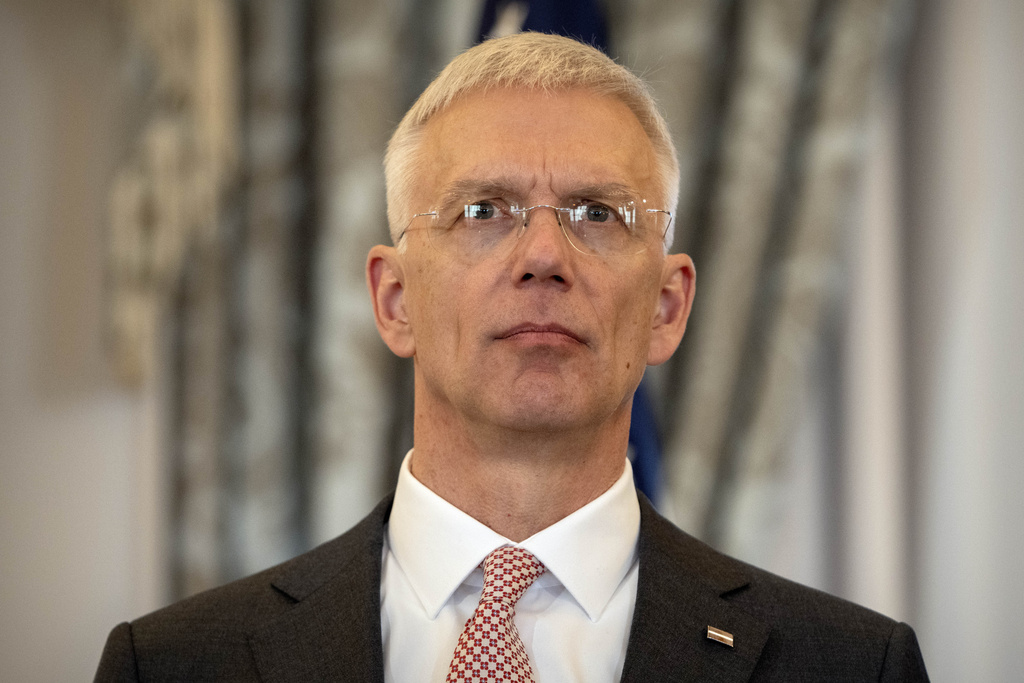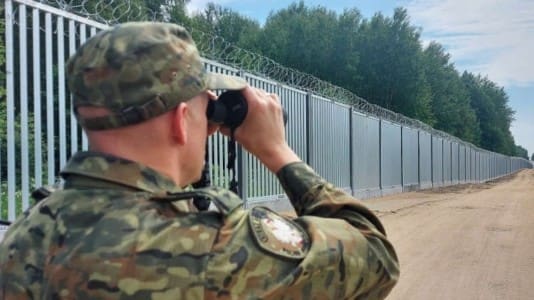In a recent interview with the German news portal RND, Latvian Foreign Minister Krisjanis Karins emphasized the urgent need for a long-term strategy to deter Russia, highlighting the country’s aggressive posture and potential threat to European security.
Karins pointed out that, unlike the Cold War period where nuclear powers sought to maintain a status quo in Europe, today’s Russia is actively seeking to alter the European landscape through military means, as evidenced by its ongoing war against Ukraine.
“In Latvia, we have always understood this: Russia is a potential threat. For many years, we have warned our friends and allies that Russia is becoming an increasingly real threat. Now, we are witnessing Russia conducting a powerful war against Ukraine for the third consecutive year,” said Karins.
The Latvian foreign minister underscored the gravity of the situation by noting that Russia allocates 40 percent of its budget to defense and internal security, signaling a warpath that poses a continuous threat to Europe’s safety. He argued that to counteract this threat, Europe, along with Ukraine, must develop a comprehensive deterrence strategy spanning approximately 20 years.
“I strongly call for the development of a long-term strategy because Russia will continue to threaten Europe’s security even after this war ends,” said Karins. He thinks such a plan should heavily rely on investments and a transparent deployment of forces to ensure that Russia perceives no weakness in NATO’s stance.
Reflecting on the lessons of history, Karins remarked that the current scenario is far more volatile than the Cold War due to Russia’s ambitions to change the status quo through military aggression.
He warned that the situation presents a significantly heightened risk of conflict, making the development of a robust long-term strategy not just prudent but essential for the future security of Europe and its neighbors.





